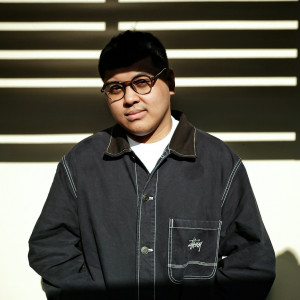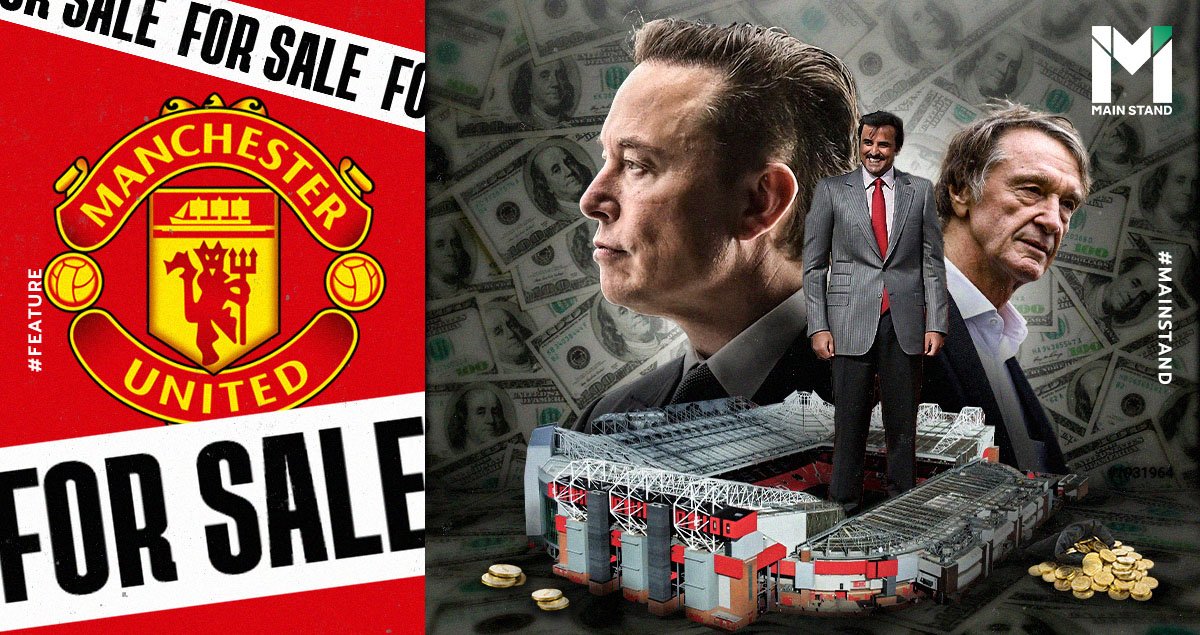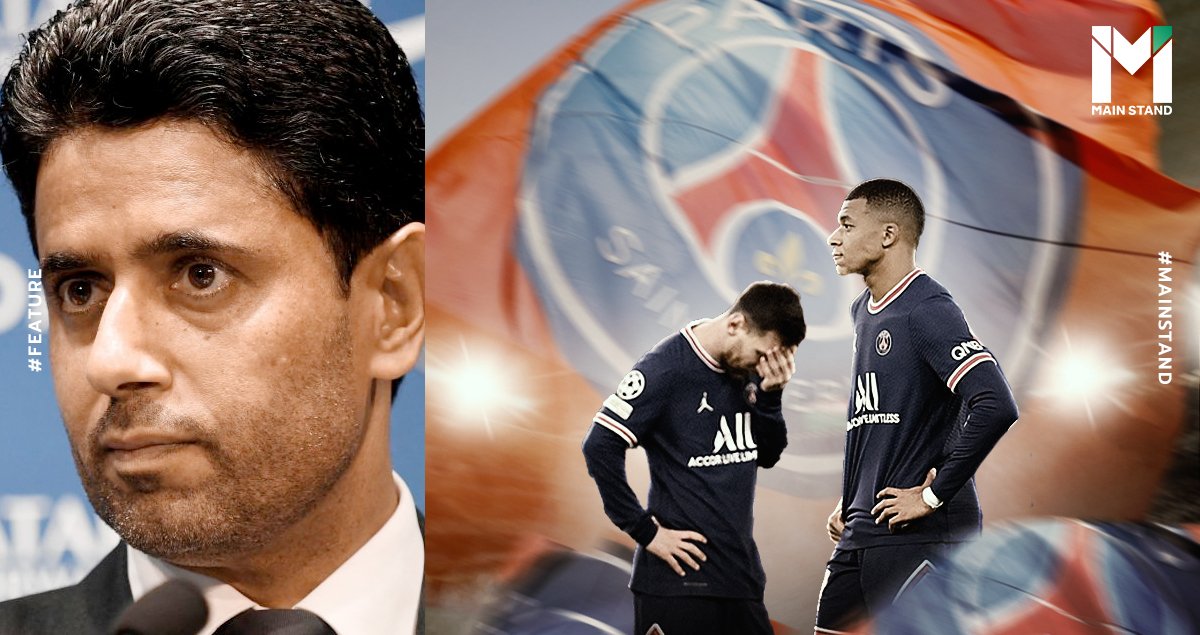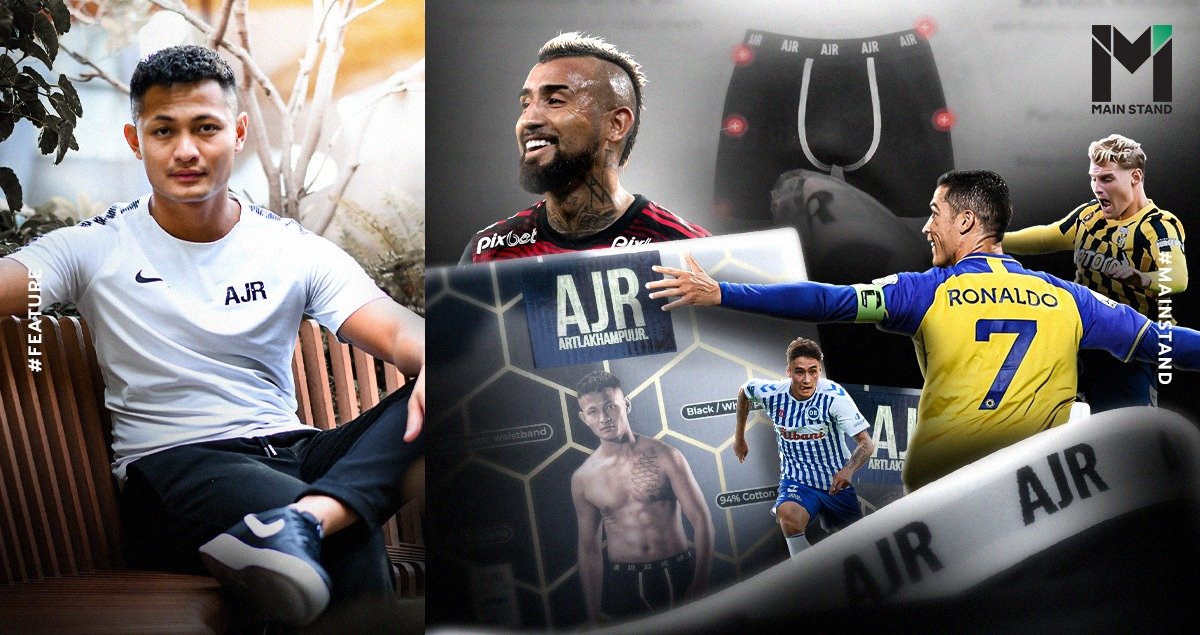
On Monday, Fenway Sports Group announced Liverpool FC are up for sale.
In a statement issued to The Athletic, the FSG owner John W. Henry stated:
“FSG have frequently received expressions of interest from third parties seeking to become shareholders in Liverpool.
“FSG has said before that under the right terms and conditions we would consider new shareholders if it was in the best interests of Liverpool as a club.”
The announcement comes after a tumultuous period for the American owners. Despite the Reds hoisting up the Premier League and Champions League titles under FSG’s reign, the ownership regime has slowly become out of favor amongst many supporters.
The events of the Super League and their transfer strategy have decreased the Boston Red Sox owners' already waning credentials of owning a top club such as Liverpool.
Hence, they believe it is the right moment to sell the club 12 years after taking over in Liverpool.
Here on Main Stand with Agastya Bajaj, we dissect FSG’s tenure at Liverpool and what’s to come for the 19-time Premier league champions.
The FSG era begins
On October 6, 2010, American ownership group Fenway Sports Group announced the purchase of Liverpool football club.
Led by investment founder John W. Henry, the group prevailed in a bidding war against an Asian consortium to claim ownership of one of the biggest clubs. FSG had successfully purchased the club for $300 million from American ownership pair Tom Hicks and George Gillet amid rising tensions with supporters.
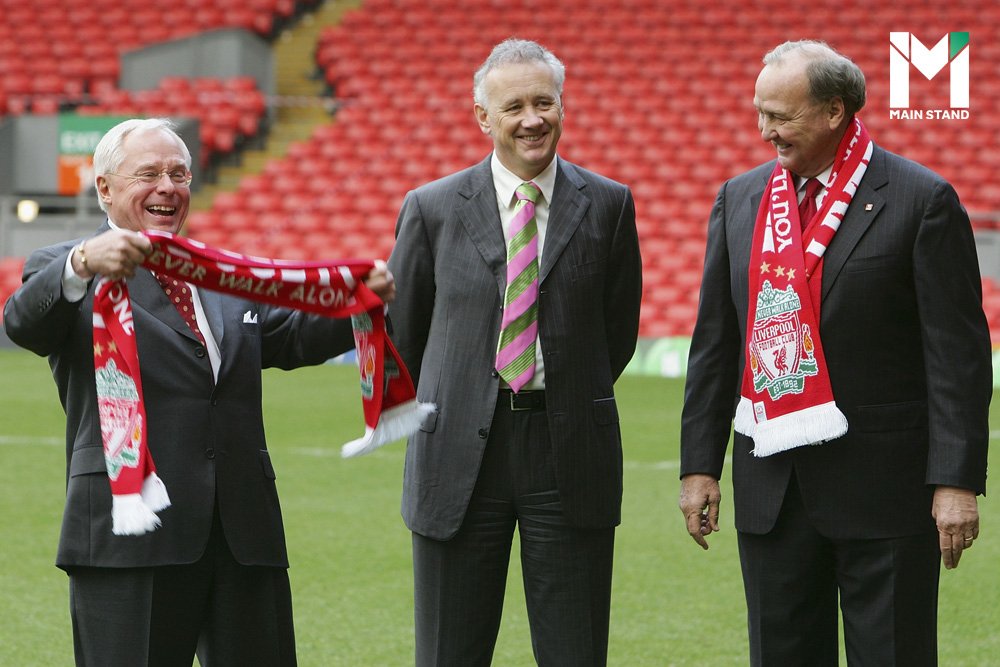
The investment group purchased the club amid sporting and financial turmoil. The previous American ownership duo was on the brink of putting the club into administration after being unable to pay back interest payments and leveraging against the club.
Liverpool were also on the verge of a nine-point deduction. This would’ve been a calamitous blow to a side already in a relegation fight under manager Roy Hodgson during the preeminent phases of the season.
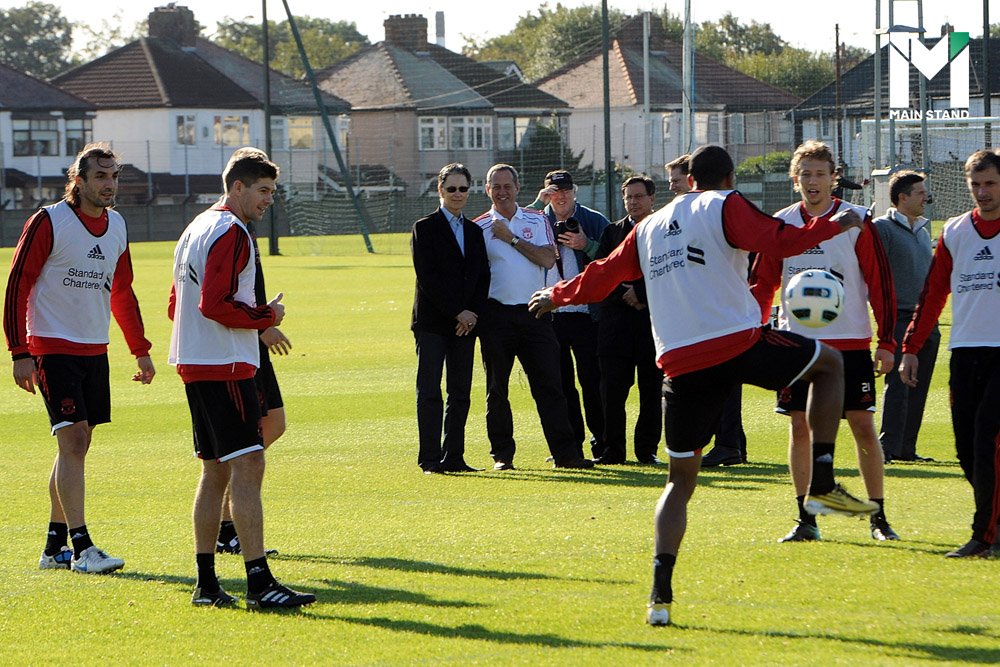
Thus, when the Boston Red Sox owners purchased their second sports team, their work was cut out to win over the fans and ascend Liverpool up the pecking order. However, John Henry made it clear that winning was the ambition.
“I am proud and humbled,” said the American at the time. “I can’t tell you how happy I am. We are here to win.
“We regard our role as stewards to the club with a primary goal of returning the club back to greatness on and off the pitch.”
After the first few months, the ownership regime had already made a positive imprint on the club.
The lead shareholder John W Henry, accounting for 40% of shares within FSG, appointed investment partners Mike Henry and Tom Werner as managing owners and chairman of this decorated club, respectively.
With the club already making wholesale internal changes, Henry and newly appointed director Damien Comolli sacked manager Roy Hodgson.
The decision to sack Roy Hodgson was well received amongst Liverpool supporters, diminishing an egregious ownership and manager tenure.
Over the next few months, Henry also managed to capitalize on the elation from sacking Hodgson. He and his investors managed to pay off the $50 million debt on Anfield alongside appointing club legend and former Premier League-winning manager Kenny Dalglish on an interim basis.
The club also mitigated the departure of star striker Fernando Torres, signing two replacements up top in Luis Suarez and Andy Caroll.
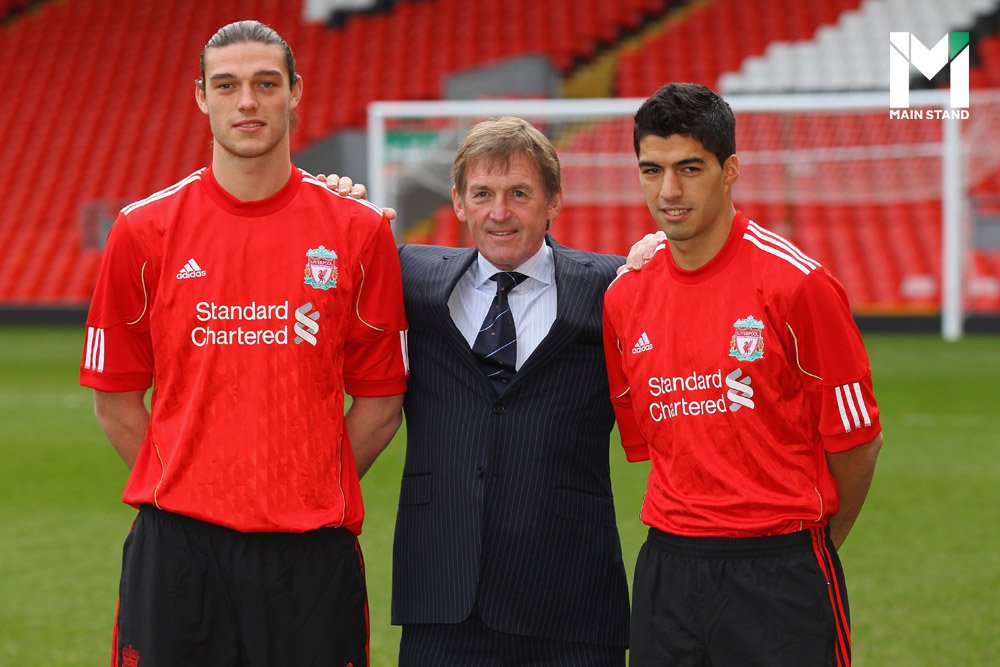
The appointment of Daglish could be seen as a PR move, but one also done to stabilize the ship and redirect Liverpool up the pecking order.
At the end of the season, the Liverpool icon was appointed on a permanent contract after ascending the club to fifth, encouraging the fanbase.
However, despite capturing Liverpool the Carling Cup in Daglish’s first season in charge, the icon was eventually removed from post after his side finished 8th, their lowest position in the Premier League era.
The revolution & capitulation
The appointment of highly touted young manager Brendan Rodgers began the FSG revolution. Although the appointment received a mixed reaction within the fanbase, Rodgers’s attractive front-foot style lived up to the billing.
The owners also made four key promises to the fanbase
- Transform losses into victories
- Attracting the best players on the planet
- Regularly compete for trophies
- Cement a winning culture
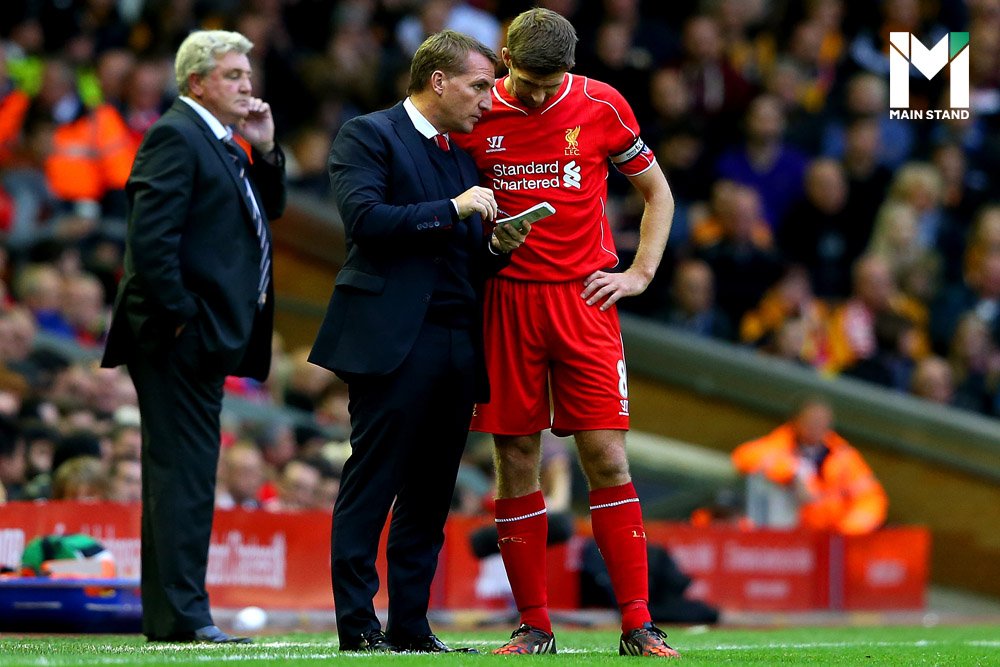
While FSG was honing in on the commercial aspect during these few seasons, appointing the established Billy Hogan as commercial chief officer, Brendan managed to implement his philosophy at the club.
In his second season in the club, Rodgers led the club to an improbable title charge in 2013/14.
This title charge was spearheaded by the miraculous efforts of Luis Suarez, winning the golden boot and cemented his name among the very best.
Unfortunately for Rodgers' young and entertaining side, a defeat against Chelsea and a draw at Crystal Palace in the final few matches of the season resulted in Man City stealing the title from them.
From there, despite the entertaining highs under Rodgers, the manager was eventually sacked a year later, with Liverpool descending the table.
In October 2015, FSG and director Micheal Edwards appointed the self-proclaimed “normal one.”
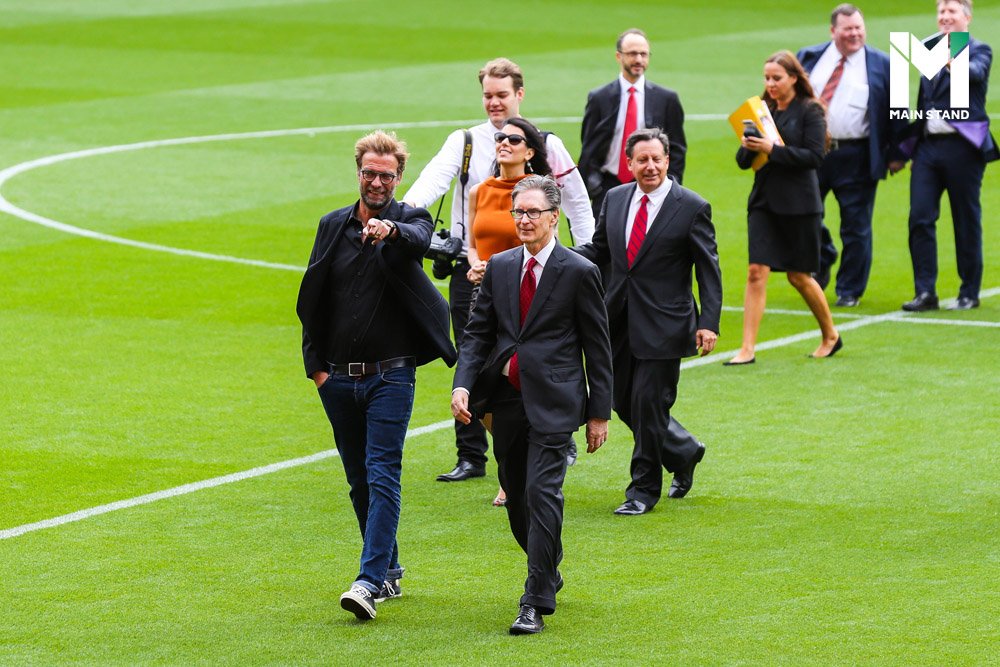
Over the next few years, Klopp and Edwards completely altered the ambition and culture of the club. The German manager brought an incredibly intricate and interesting brand of high-pressing football to the club, with Liverpool becoming the league's entertainers.
FSG allowing transfer guru Micheal Edwards and Jurgen Klopp to dictate the club’s vision was arguably the most shrewd call of the ownership regime.
With the American owners taking a backseat in sporting endeavors, this allowed the youthful director in Edwards and Klopp to sign players. However, the American owners would grant funds to Edwards and Klopp only through a transfer methodology of “Sell to buy,” also known as “Money ball”.
The money ball method was one that, albeit did work, eventually frustrated the Liverpool fanbase.
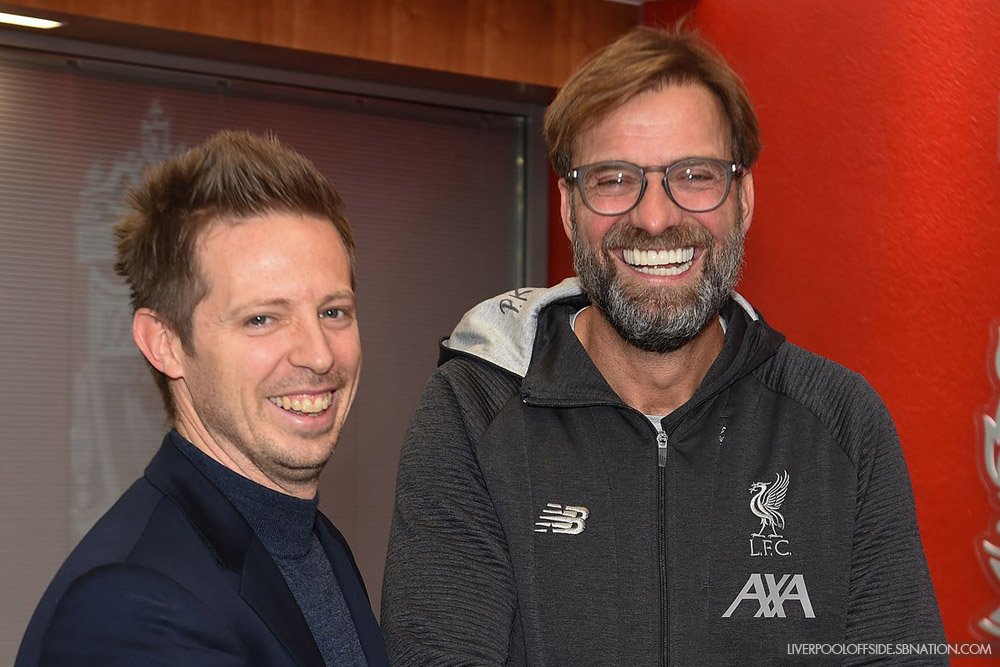
After the record $142 million departure of starlet Philippe Coutinho in January 2018, the Liverpool fanbase was quite dubious about the club’s vision. The club used the Coutinho fee to fund the arrival of established Roma keeper Alisson, Southampton center half Virgil Van Dijk and Monaco holding midfielder Fabinho.
In addition to already purchasing hidden gems such as superstar now three-time Premier League golden boot winner Mo Salah from Roma, Andy Robertson from Hull and Sadio Mane from Southampton, Liverpool's transfer vision and scouting were second to none.
A culmination of shrewd spending, scouting and strategy alongside Jurgen Klopp’s world-class ability to develop players, Liverpool embarked upon a period of dominance.
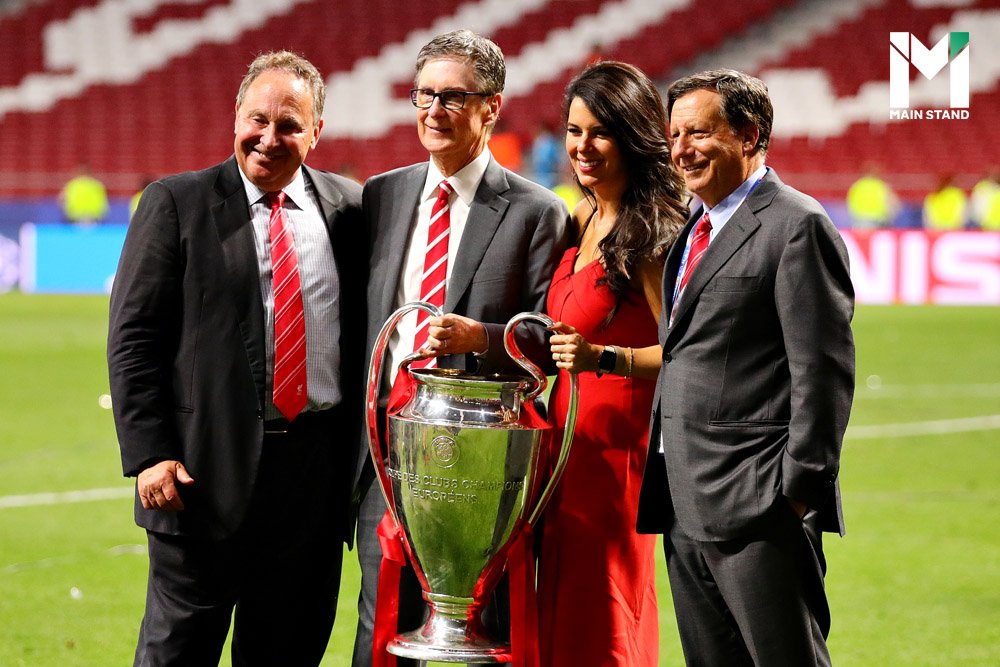
The club would hoist up their first major trophy under FSG in 2019, winning the Champions League one year after succumbing in the final. In the following years, the club would hoist up their first-ever Premier League title in 2020, producing one of the most dominant seasons ever.
“This was a season for the ages and for the faithful of Liverpool Football Club,” tweeted Henry after Liverpool ended the 30-year drought.
“It has been an incredible year of magnificent achievement culminating tonight in capturing the Premier League title.
“This in addition to winning a European championship, a Super Cup and a world championship – the totality of this accomplishment has brought respite and joy to so many in a year filled with so much tragedy.
“LFC has made the beautiful game more beautiful than ever.”
The club would cement its dominion by regularly competing for the title from 2018 to 2022, with the club also garnering every trophy possible, including the Carabao Cup, FA Cup and Club Winners World Cup.
That being said, despite FSG overseeing a remarkable period of dominance, the owners were immensely beginning to be scrutinized.
In 2019, during Liverpool’s rejuvenation at the upper echelon, the owners attempted to trademark the phrase “Liverpool FC”.
This incensed scousers and Liverpool supporters group Spirit of Shankly, a sign indicating the owners were exploiting the Liverpool heritage for financial purchases.
Furthermore, their involvement as one of the six English clubs in the Super League would see protests, campaigns and boycotts against them. This prompted an apology from John Henry, who backed out of the Real Madrid president’s Super League proposal.
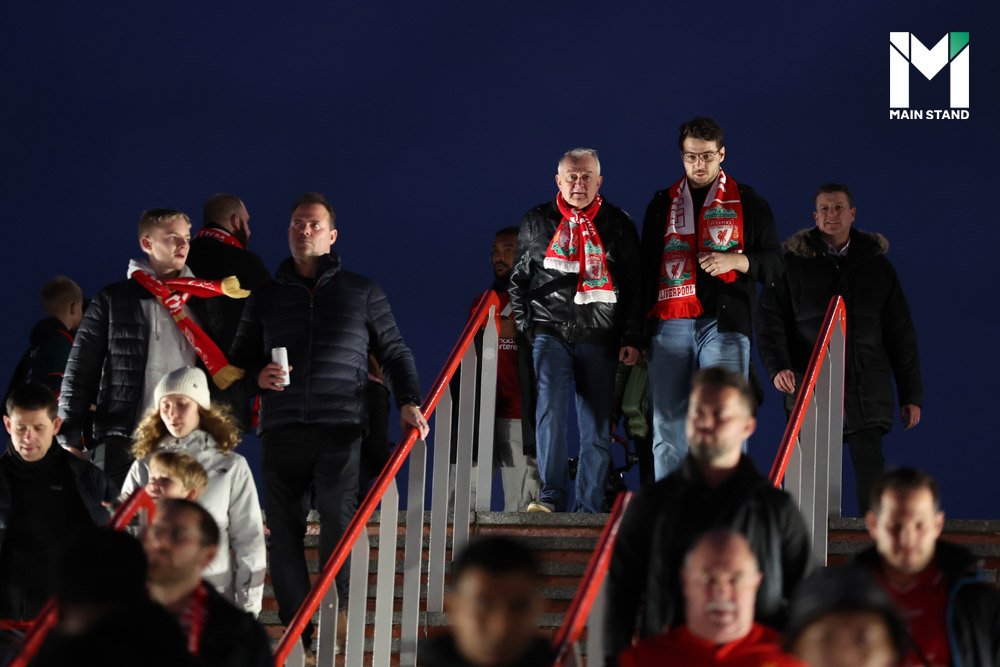
However, the icing for the bulk of Liverpool fans is their transfer market strategy over the past few seasons. Despite Liverpool cementing an ascend to the upper echelon, some of the Reds fans don’t feel FSG have invested enough to sustain Liverpool’s position.
The Daily Mail provided views of several fans a couple of weeks ago after Liverpool’s defeat to Nottingham Forest.
“Years of underinvestment. Years of negligence from top to bottom. This is what happens. It’s time to go,” said one fan.
“Enough is enough. That dross that Klopp has to choose from now is directly down to the criminal lack of investment in the squad. Sell to buy,” evoked by another fan.
“People blaming individual mistakes but ignoring the elephant in the room. Lack of investment has killed us. Third oldest squad in the league.”
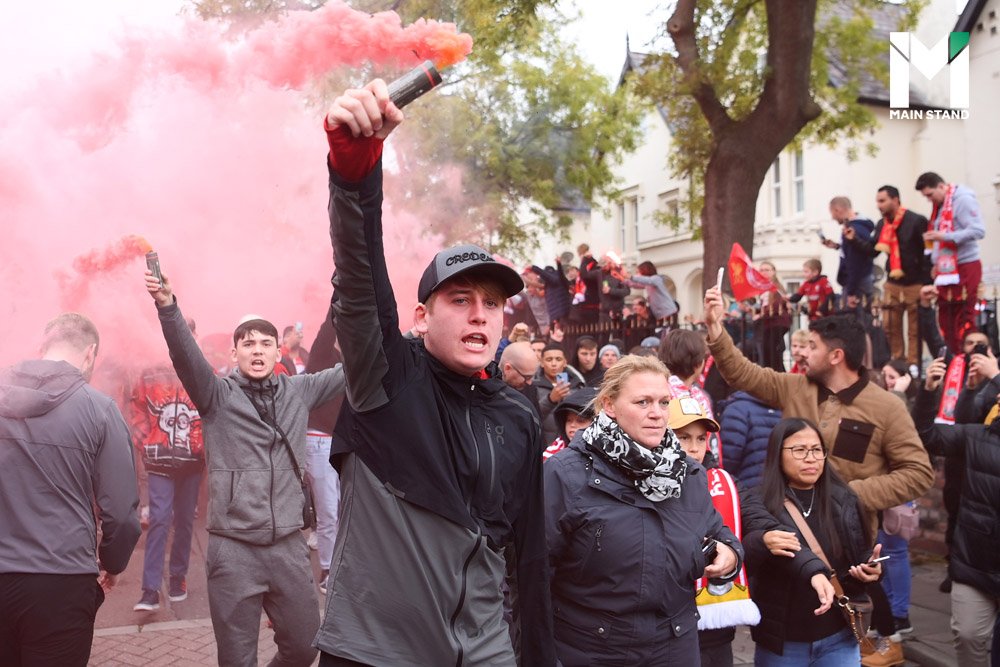
It’s hard to argue against these fans, with Klopp’s net spend being a mere £14 million this season and £147 million net spend over the past four campaigns. Although that may seem like a lot, it ranks below the likes of Wolves and West Ham.
Clubs such as Man United and Chelsea have sustainably produced that much net spending for each of the past four campaigns.
With the impending arrival of Newcastle to the upper echelon after becoming the richest club on the planet, it seems that even if FSG didn’t utilize this Moneyball strategy, they still would not be able to compete with state-owned clubs such as Man City and Newcastle.
Furthermore, after buying Liverpool for 300 million pounds, the club's value is currently worth around an excess of 3 billion, according to sources, with immense profit to be made.
Potential buyers
Hence, with FSG open to new shareholders and putting the club up for sale, who is interested in buying the club?
Man United billionaire superfan and Nice owner Jim Ratcliffe has thrown his name out of contention to purchase this club, despite being keen on taking over United should the opportunity present itself.
The Rickets Family, another consortium who expressed exquisite interest in Chelsea during Abrahomovich’s departure earlier this year, have also denied the opportunity of purchasing the six-time Champions League winners.
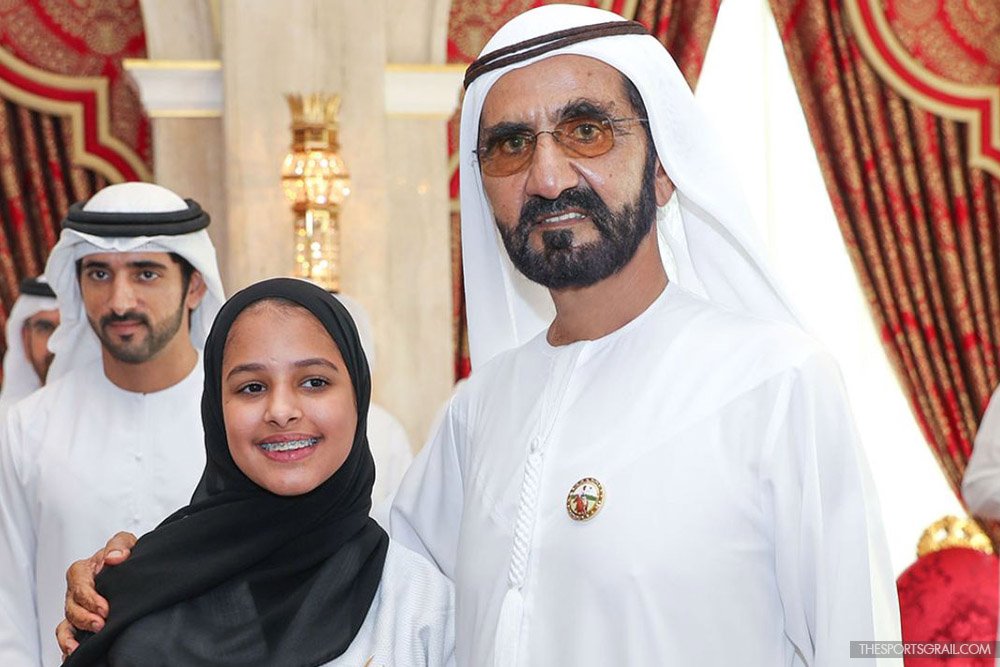
According to reports in the middle east, Dubai International Capital is weighing up a bid of $4.3 billion for Liverpool. Under this consortium’s stewardship, Liverpool will bestow the purchasing power to rival competitors and sustain their success.
Several reports indicate FSG is in talks with a certain American consortium to purchase the club.
Regardless, with FSG’s willingness to sell the club and hiring Goldman Sachs and JP Morgan to garner interest, it seems viable to envisage the club being sold soon.
That being said, the FSG era has been vastly fascinating.
The Liverpool supporters have experienced the highs of silverware and lows of betrayal under this regime. On the other hand, FSG has managed to reascend Liverpool up the pecking, meeting their targets.
However, if they were to sell seemingly, they would make at least 10x more profit from when they first purchased the club, making it a successful tenure despite scrutiny.
An exit seems the most plausible and viable option for both parties.
Sources
https://www.dailymail.co.uk/sport/football/article-11369323/Liverpool-fans-turn-owners-FSG-CRIMINAL-lack-investment-shock-defeat-Leeds.html
https://tomkinstimes.com/2017/02/fsgs-ownership-of-liverpool-fc-a-timeline-part-1/
https://www.football365.com/news/transfers-premier-league-five-year-net-spend-man-utd-man-city
https://bleacherreport.com/articles/2882599-michael-edwards-the-making-of-the-man-who-helped-to-make-klopps-liverpool



